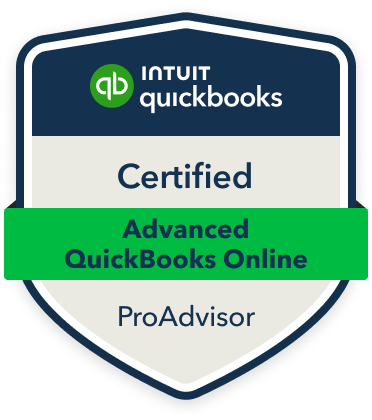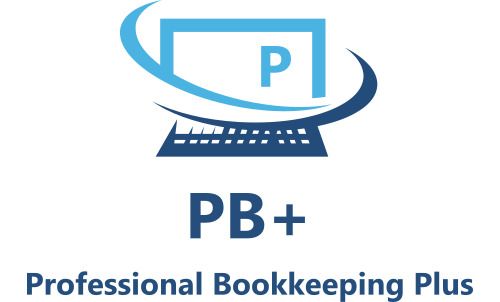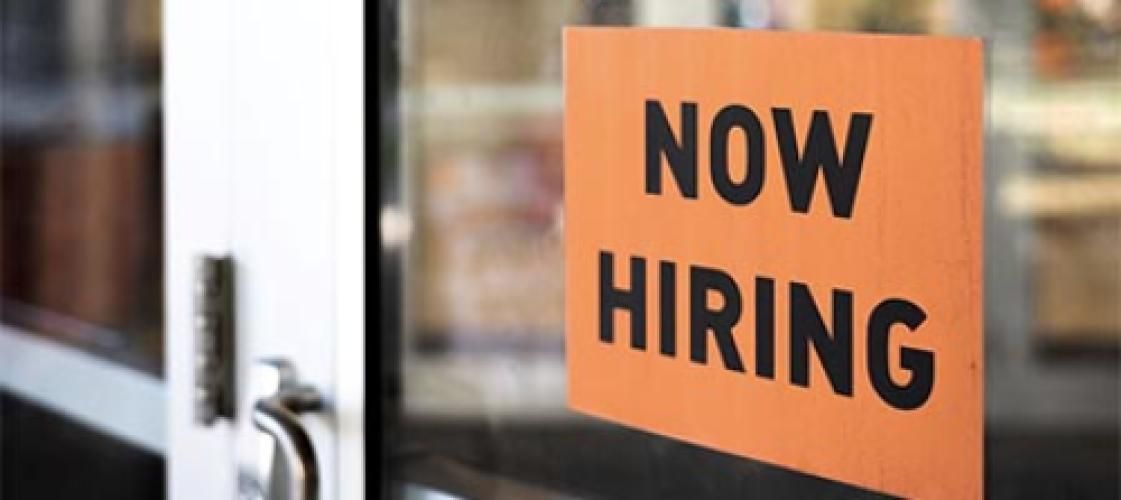Maximize Your Tax Savings by Understanding the Hobby Loss Rules
Article Highlights:
- Hobby Loss Rules Overview
- Impact of the Tax Cuts and Jobs Act (TCJA) on Deductions
- Nine Factors to Determine Profit Motive
- Presumptions of Profit Motive
- Election to Delay Determination of Profit Intent
- Sequence of Deductions to the Extent of Income
- Hobby Income and Self-Employment Tax
- Examples of Hobby vs. Business
When engaging in activities that generate income, it's essential to understand how the IRS classifies these activities for tax purposes. The distinction between a hobby and a business can significantly impact your tax obligations. This article will delve into the hobby loss rules, the impact of the Tax Cuts and Jobs Act (TCJA) on deductions, the nine factors the IRS uses to determine if an activity is engaged in for profit and provides examples of court cases involving profit motive.
Hobby Loss Rules Overview - The IRS uses hobby loss rules to determine whether an activity is a hobby or a business. If an activity is classified as a hobby, the income generated is taxable, but for years 2018 through 2025 the expenses incurred are not deductible. This means you cannot use hobby expenses to offset other income.
Impact of the Tax Cuts and Jobs Act (TCJA) on Deductions - The TCJA, enacted in 2017, brought significant changes to the tax code, including the suspension of miscellaneous itemized deductions subject to the 2% of adjusted gross income (AGI) floor for tax years 2018 through 2025. This suspension means that hobby expenses are not deductible during these years, making the entire income from a hobby taxable.
Nine Factors to Determine Profit Motive - The IRS considers nine factors to determine whether an activity is engaged in for profit. No single factor is decisive; instead, all factors must be considered together:
- Businesslike Manner: Is the activity carried out in a businesslike manner? This includes maintaining complete and accurate books and records.
- Expertise: Does the taxpayer have the necessary expertise or consult with experts to carry out the activity successfully?
- Time and Effort: How much time and effort does the taxpayer put into the activity? Significant time and effort may indicate a profit motive.
- Expectation of Asset Appreciation: Does the taxpayer expect the assets used in the activity to appreciate in value?
- Success in Similar Activities: Has the taxpayer succeeded in similar activities in the past?
- History of Income or Losses: What is the history of income or losses from the activity? Consistent losses may indicate a lack of profit motive.
- Amount of Occasional Profits: Are there occasional profits, and if so, how substantial are they?
- Financial Status: Does the taxpayer have substantial income from other sources? If so, the activity may be more likely to be considered a hobby.
- Elements of Personal Pleasure: Does the activity involve elements of personal pleasure or recreation?
Presumptions of Profit Motive - The IRS provides a presumption of profit motive if an activity generates a profit in at least three of the last five consecutive years, including the current year. For activities involving breeding, training, showing, or racing horses, the presumption applies if there is a profit in at least two of the last seven consecutive years.
Election to Delay Determination of Profit Intent - Taxpayers can elect to delay the determination of whether an activity is engaged in for profit by filing Form 5213, "Election to Postpone Determination as to Whether the Presumption Applies That an Activity Is Engaged in for Profit." This election allows taxpayers to defer the determination until the end of the fourth tax year (or sixth tax year for horse-related activities) after the activity begins. This election (1) should not be made unless the taxpayer is being audited by the IRS and the IRS is disallowing their deductions under the hobby loss rules, and (2) cannot be made if the taxpayer has been engaged in the activity for more than five years (seven years for horse-related activities).
Sequence of Deductions to the Extent of Income for years before 2018 and after 2025 (providing Congress allows the TCJA rules to expire) – If an activity is classified as a hobby, deductions are allowed only to the extent of the income generated by the activity. The sequence in which deductions are allowed is as follows:
- Home Mortgage Interest, Taxes, and Casualty Losses: These deductions are allowed first.
- Deductions That Do Not Reduce Basis: These include expenses such as advertising, insurance, and wages.
- Deductions That Reduce Basis: These include depreciation and amortization.
Hobby Income and Self-Employment Tax – If income is determined to be hobby income rather than trade or business income after applying the nine factors to determine whether an activity is engaged in for profit, the income is subject to income tax but not self-employment tax. This distinction is crucial because self-employment tax can significantly increase the tax liability for individuals engaged in a trade or business activities.
Court Cases Involving Profit Motive - Several court cases have addressed the issue of profit motive, providing valuable insights into how the IRS and courts determine whether an activity is a hobby or a business.
- Groetzinger v. Commissioner (1987): The Supreme Court held that a full-time gambler who bet solely on his own account was engaged in a trade or business of gambling. This prevented his gambling losses from being tax preference items for the purpose of computing minimum tax.
- Gajewski v. Commissioner (1983): The court held that a taxpayer who did not hold himself out to others as offering goods or services was not in a trade or business. The taxpayer was a professional gambler who bet solely for his own account, and the denial of his business deductions turned the expenses into Schedule A deductions.
- Ditunno v. Commissioner (1983): The court ruled that the proper test of whether an individual was carrying on a trade or business required examination of all facts involved. In this case, a full-time gambler was determined to be in a trade or business of gambling, and his gambling losses were business expenses, even though they were not related to offering goods and services.
Examples of Hobby vs. Business - To illustrate the distinction between a hobby and a business, consider the following examples:
- Example 1: The Amateur Photographer – Jane enjoys photography and occasionally sells her photos online. She does not maintain detailed records, consult with experts, or spend significant time on her photography. Jane's activity is likely to be classified as a hobby, and her expenses will not be deductible.
- Example 2: The Professional Photographer – John is a professional photographer who maintains detailed records, consults with experts, and spends significant time on his photography business. He has a history of generating profits and expects his photography equipment to appreciate in value. John's activity is likely to be classified as a business, and his expenses will be deductible.
- Example 3: The Horse Breeder – Sarah breeds and trains horses. She has generated profits in two of the last seven years and maintains detailed records. Sarah's activity is likely to be classified as a business, and her expenses will be deductible.
Understanding the hobby loss rules and the impact of the TCJA on deductions is crucial for taxpayers engaged in income-generating activities. By considering the nine factors used by the IRS to determine profit motive, taxpayers can better assess whether their activities are likely to be classified as hobbies or businesses. Additionally, being aware of the sequence in which deductions are allowed, or whether deductions are allowed at all, and the implications for self-employment tax can help taxpayers make informed decisions about their activities. Finally, reviewing court cases involving profit motive provides valuable insights into how the IRS and courts approach these determinations.
If you questions, please contact this office.
CONTACT INFORMATION
Address: 10926 David Taylor Dr Suite 120 Charlotte, North Carolina 28262
Email: ljackson@jstaxandpbplus.com
Phone: 704-604-0862




BUSINESS HOURS
- Sun, Wed
- Closed
- Mon, Tue, Thu
- -
- Fri - Sat
- -












